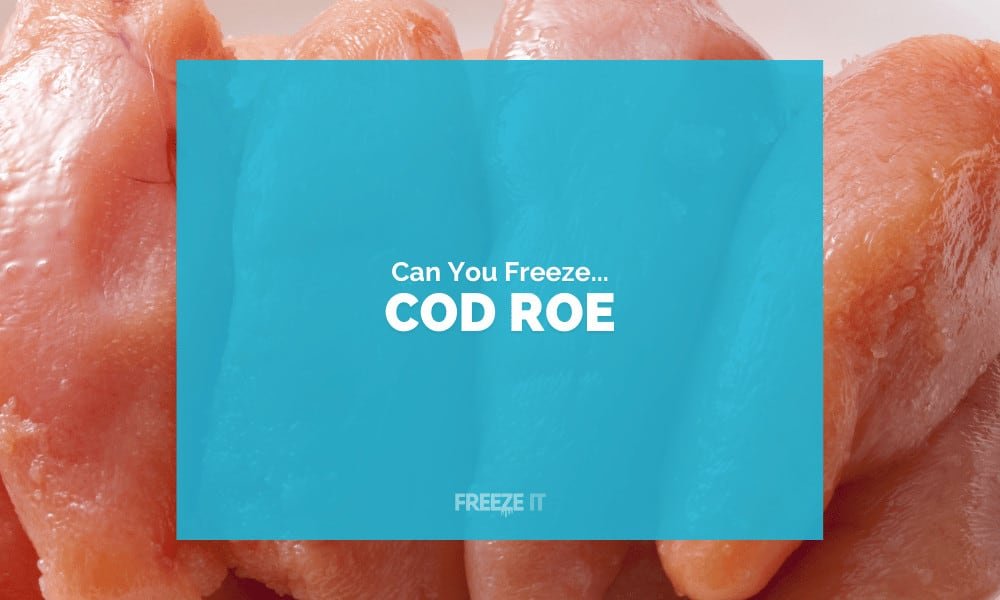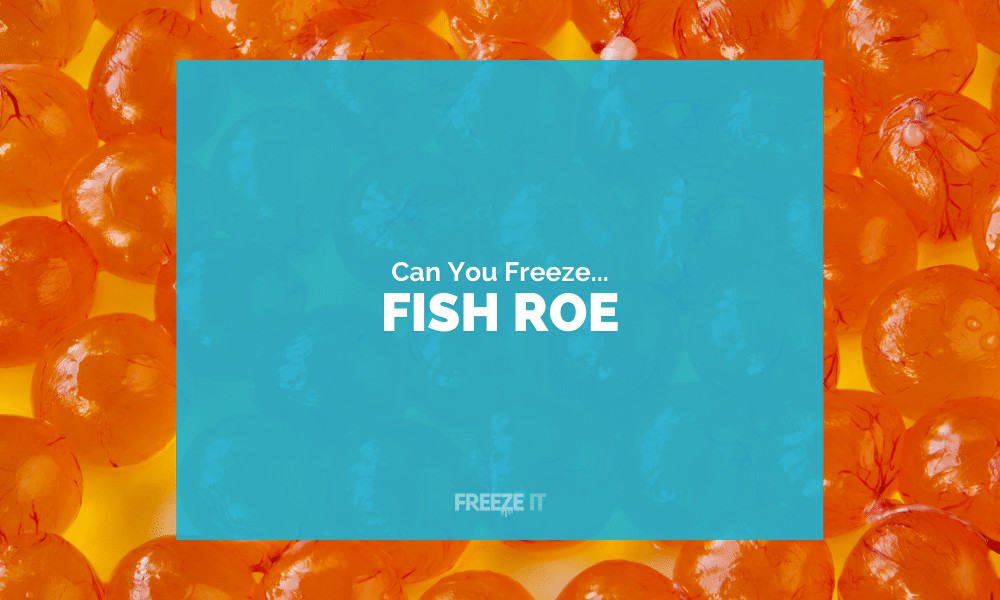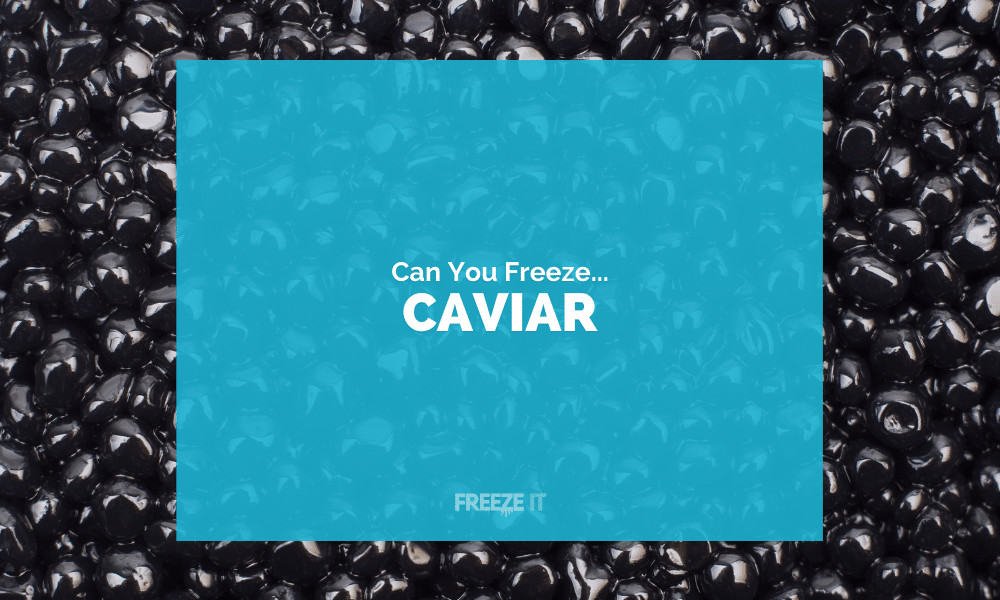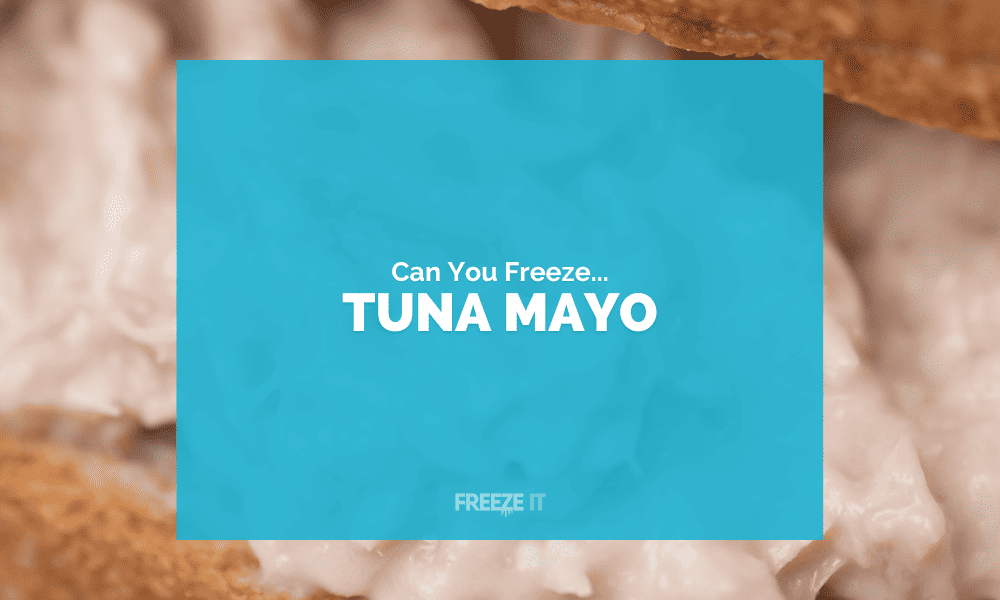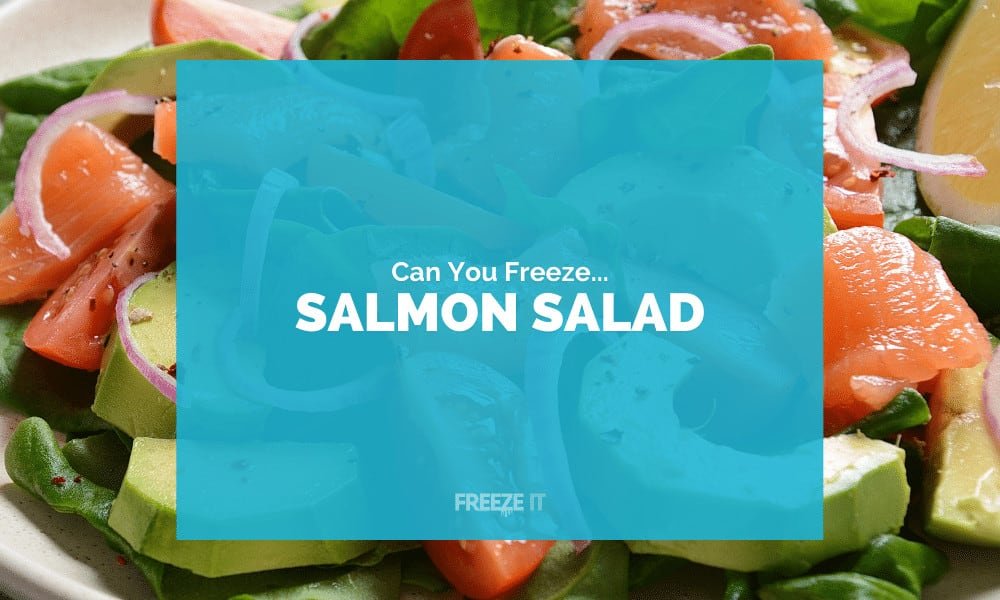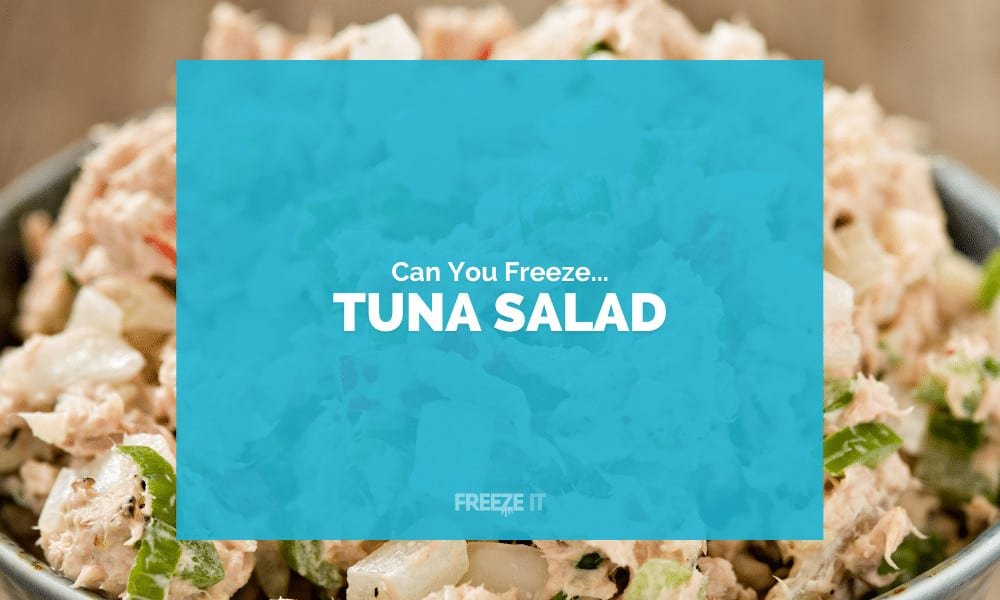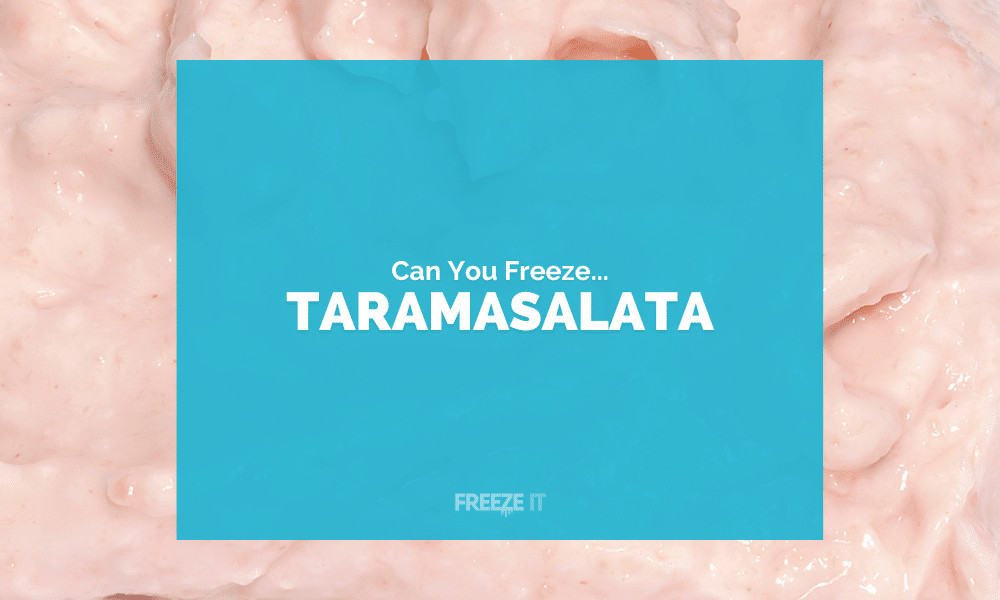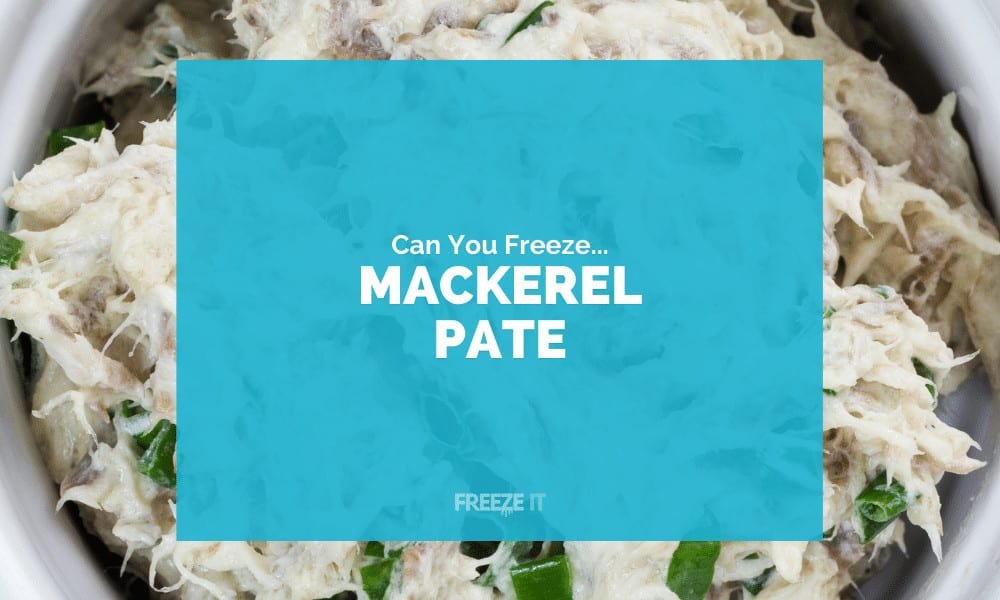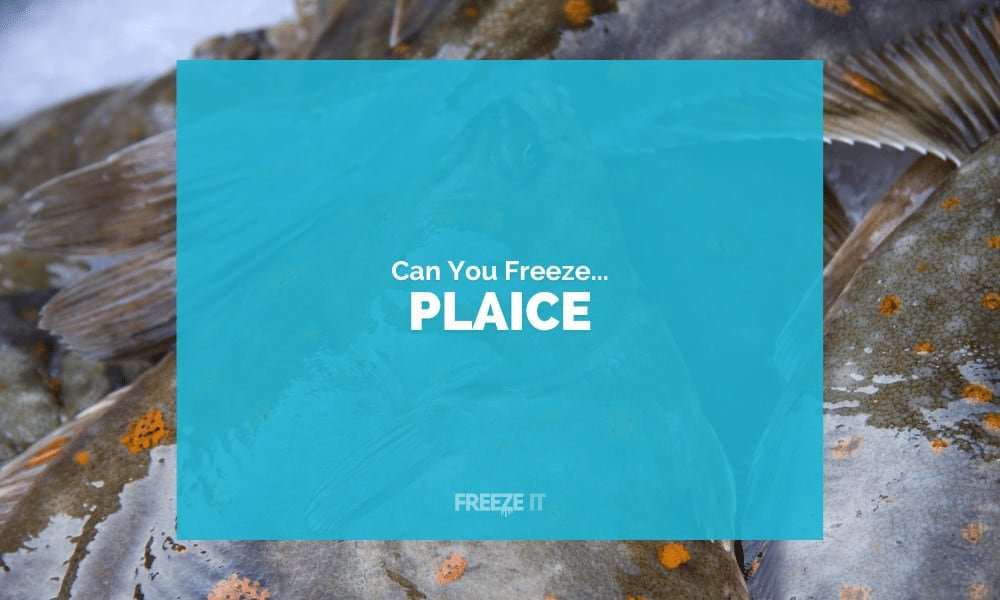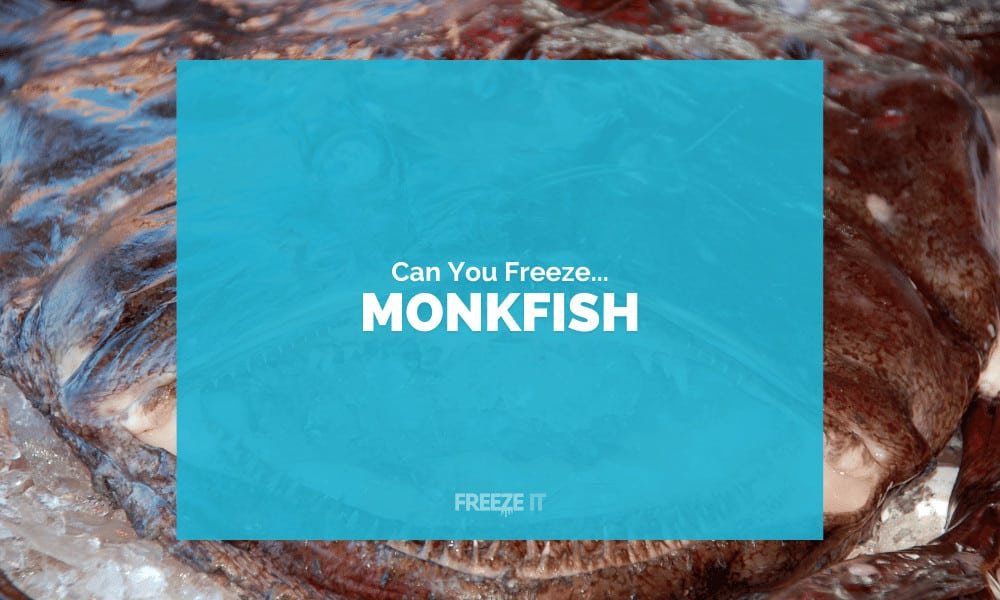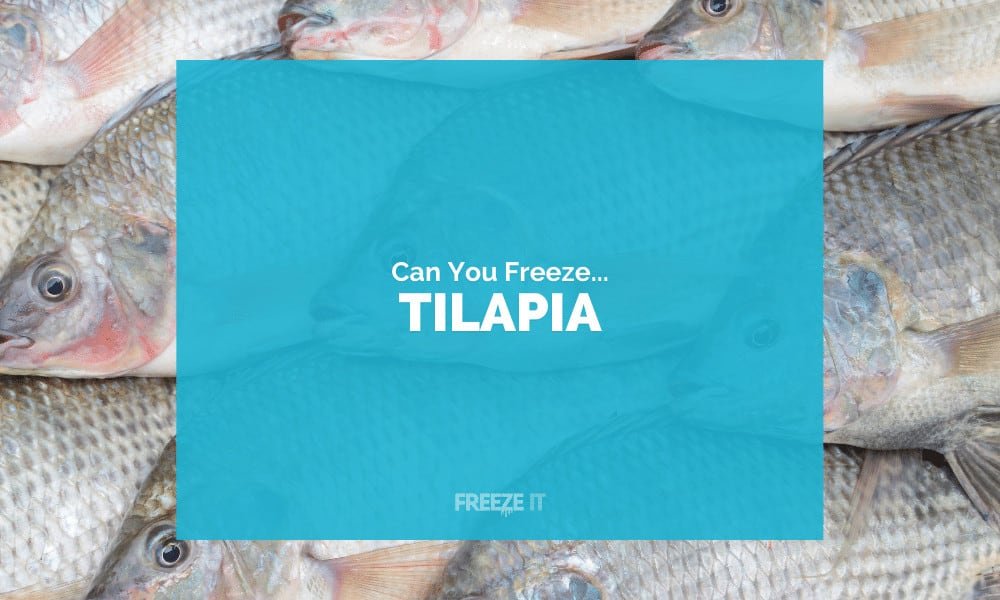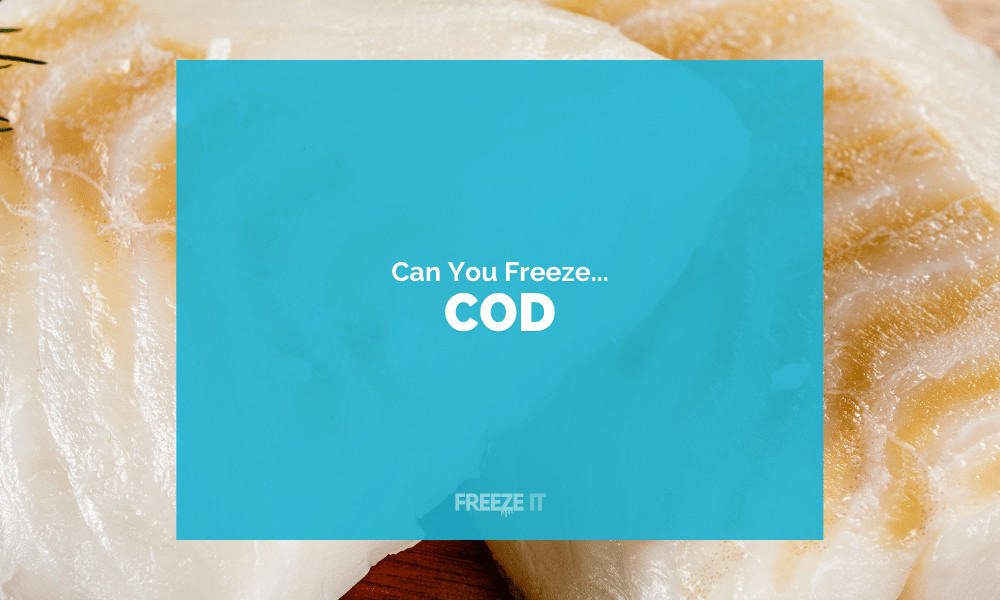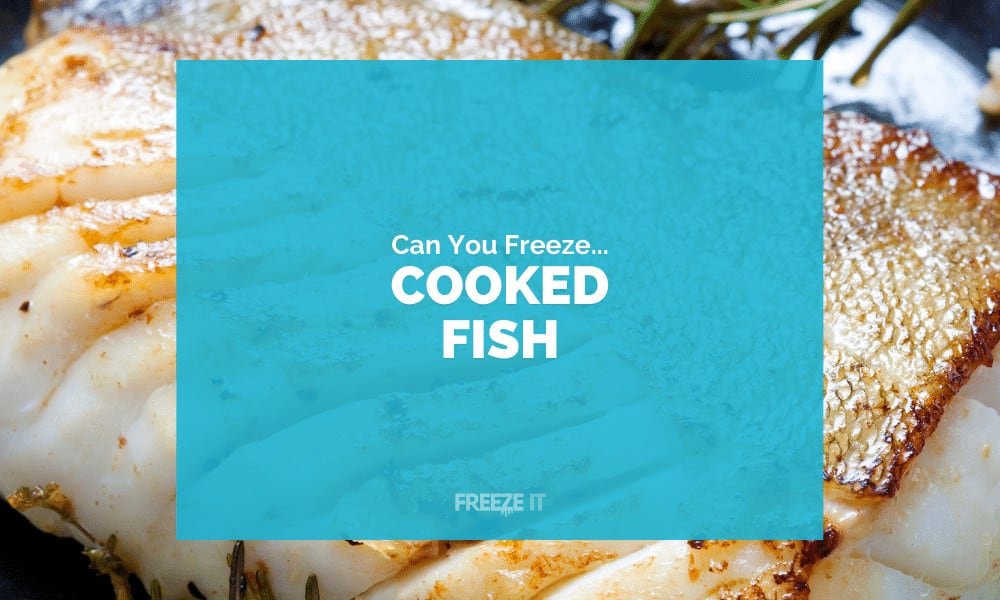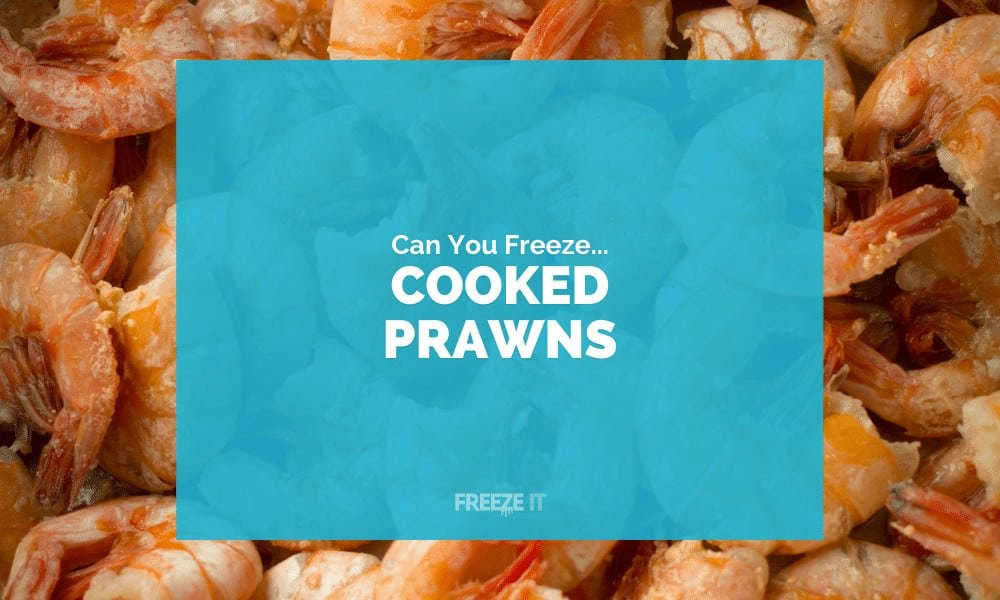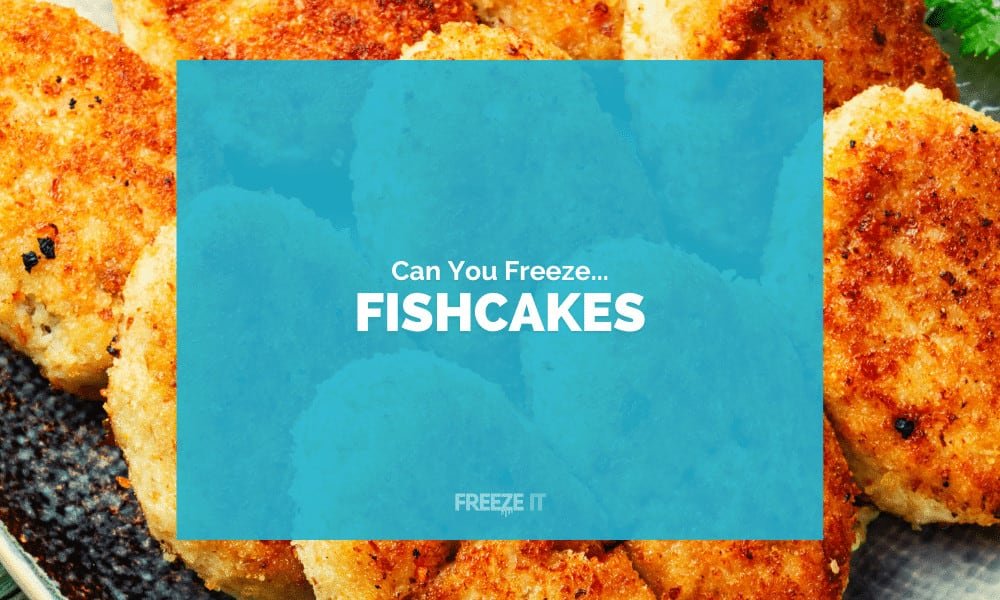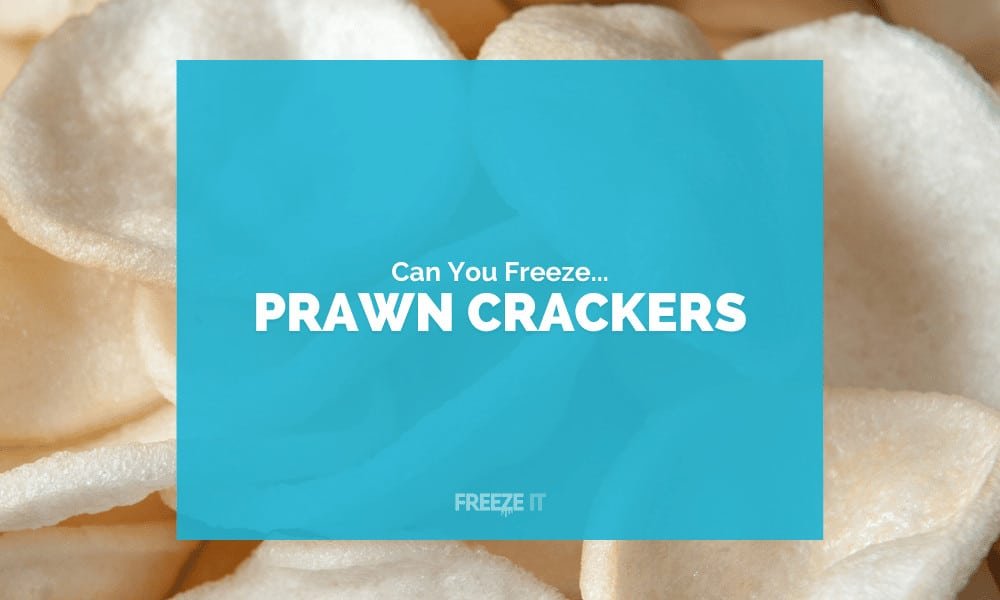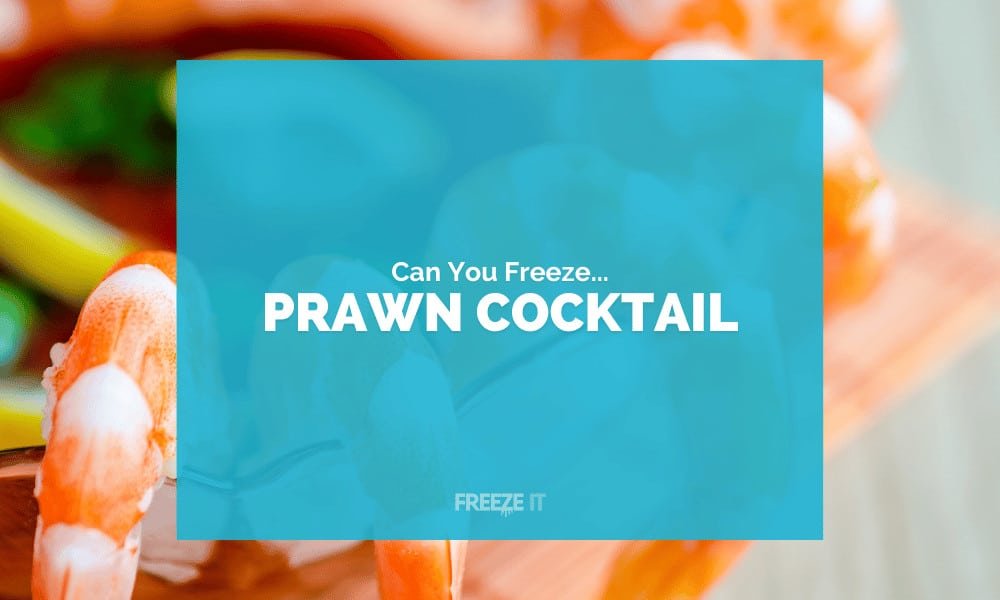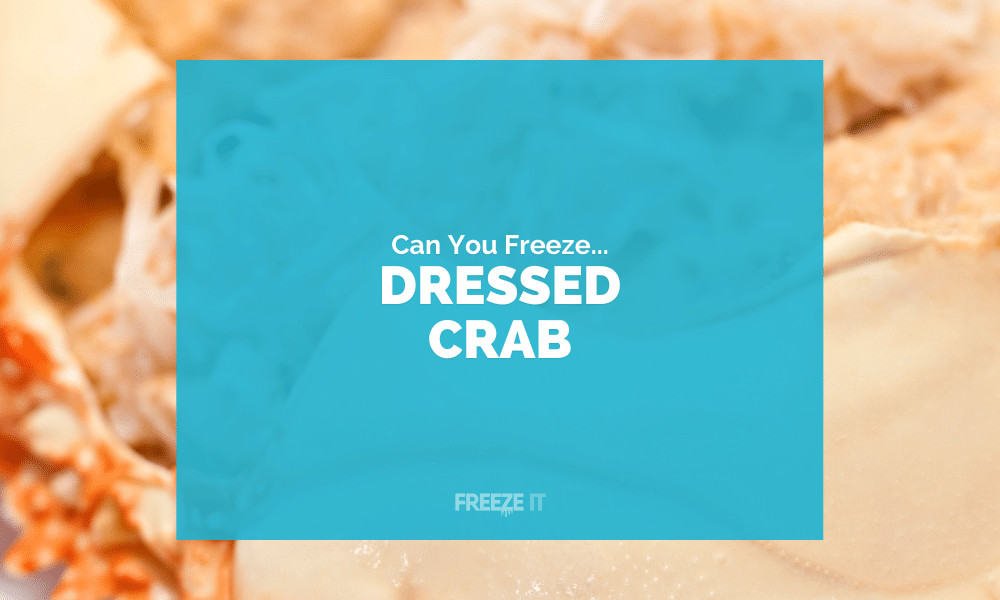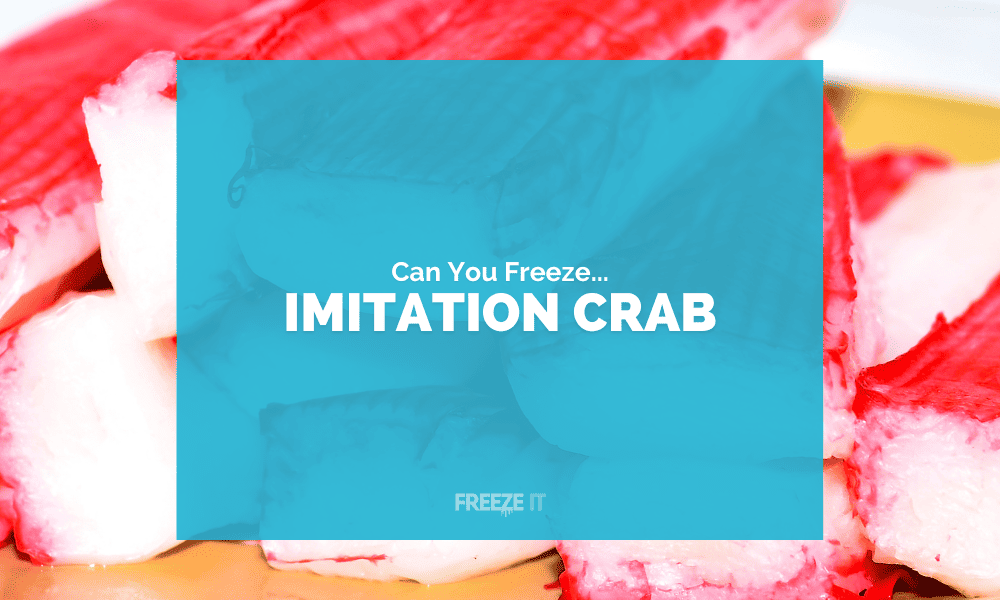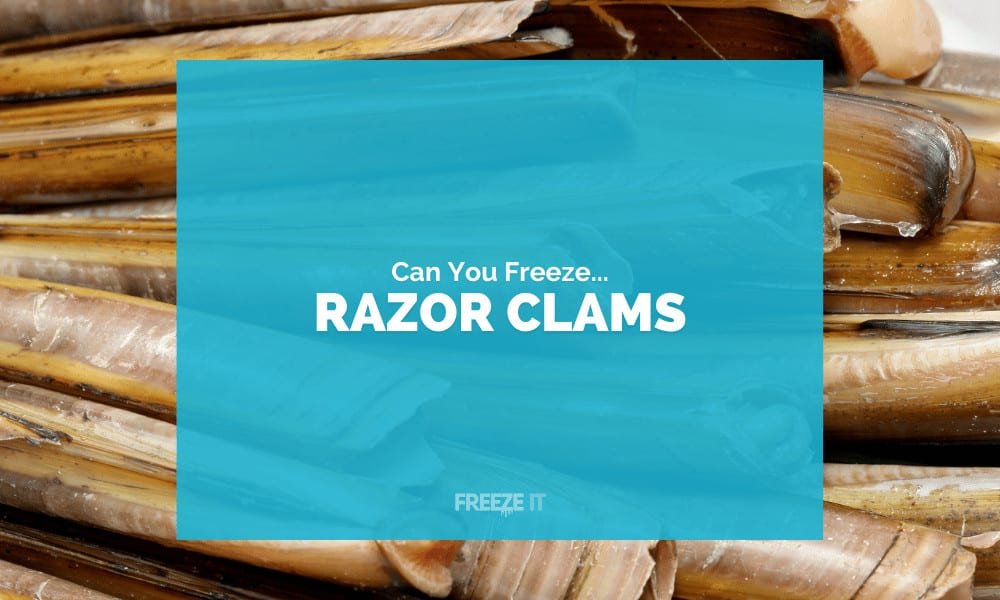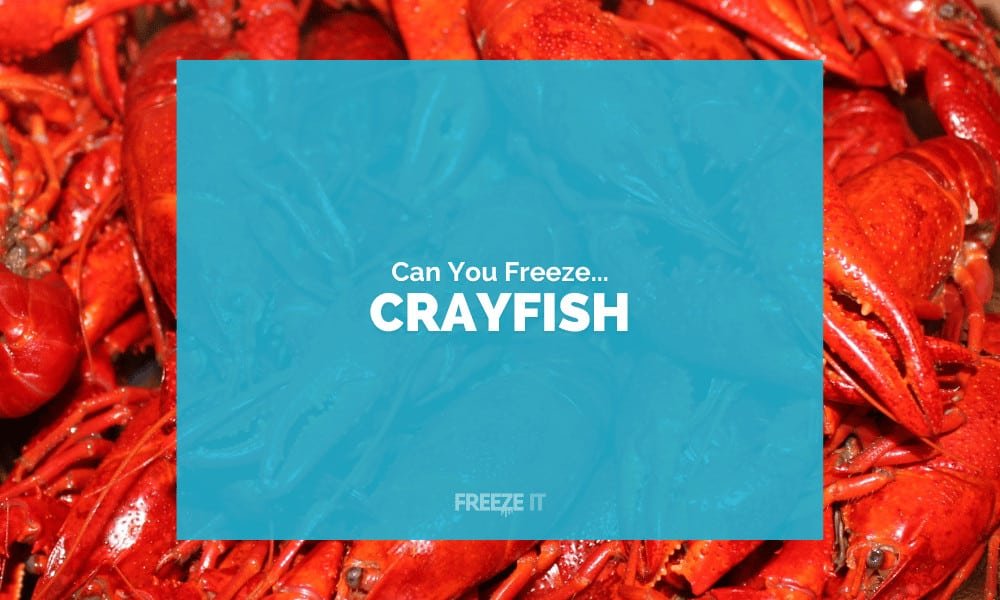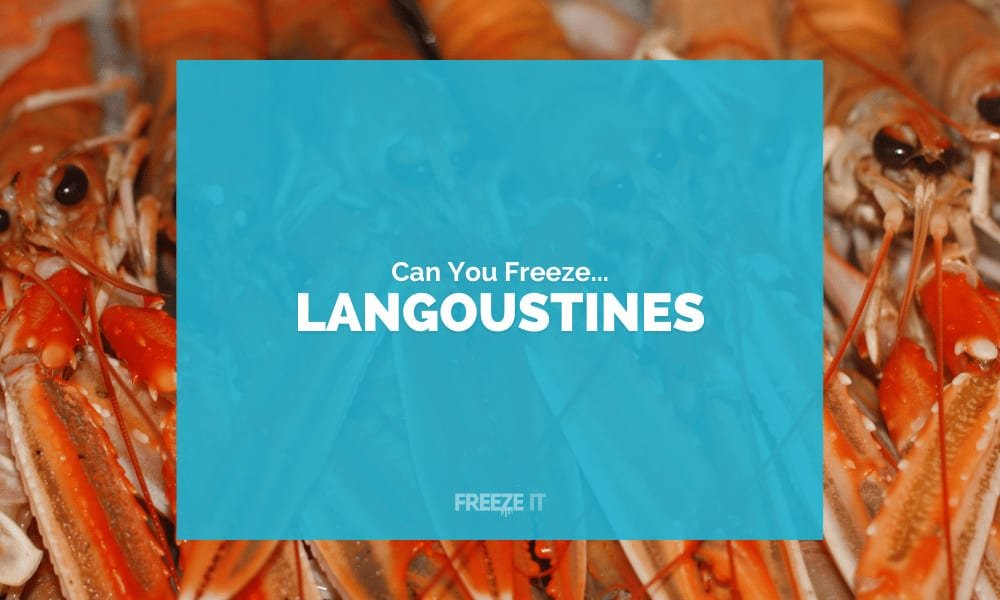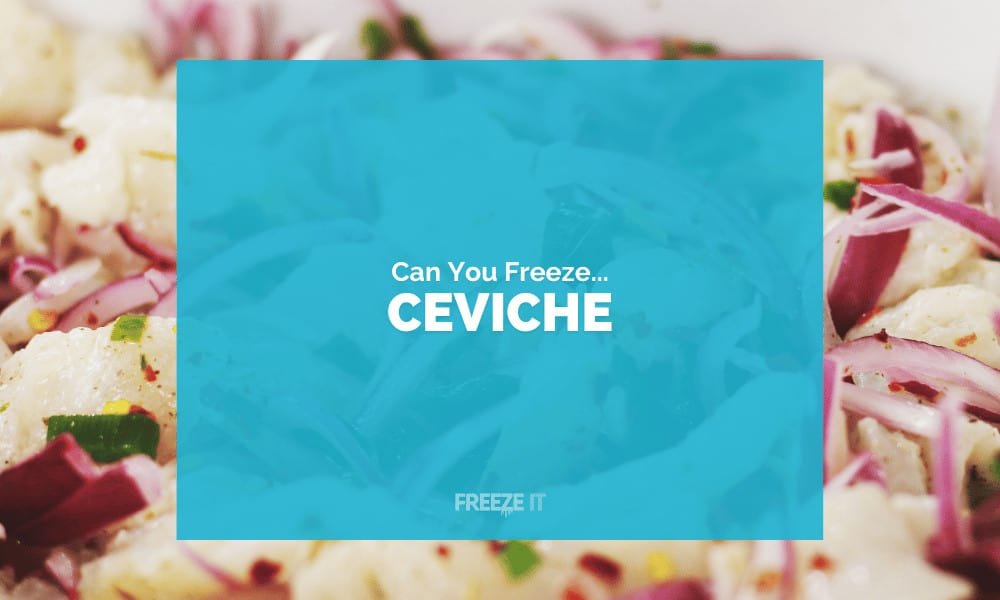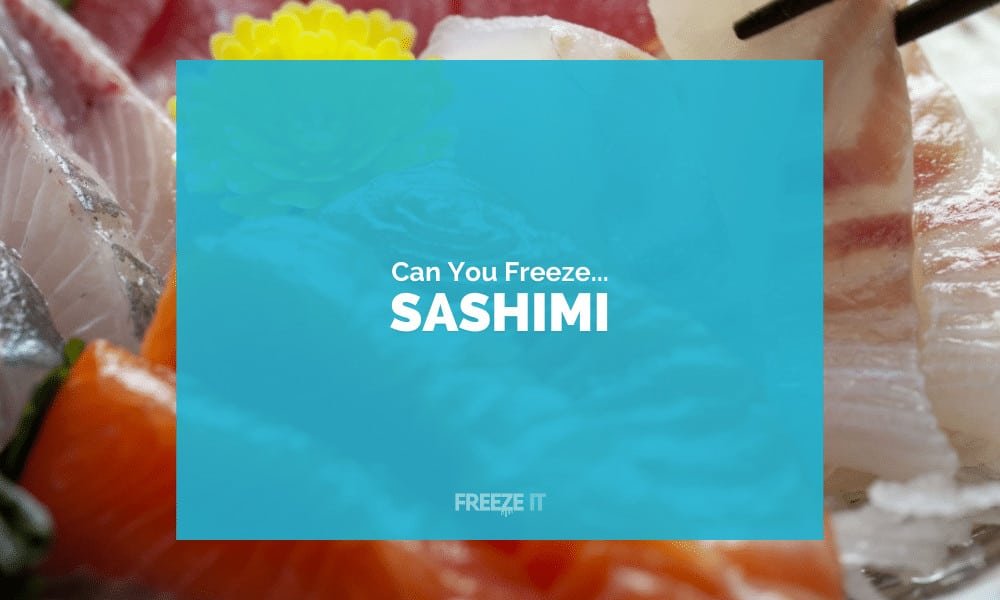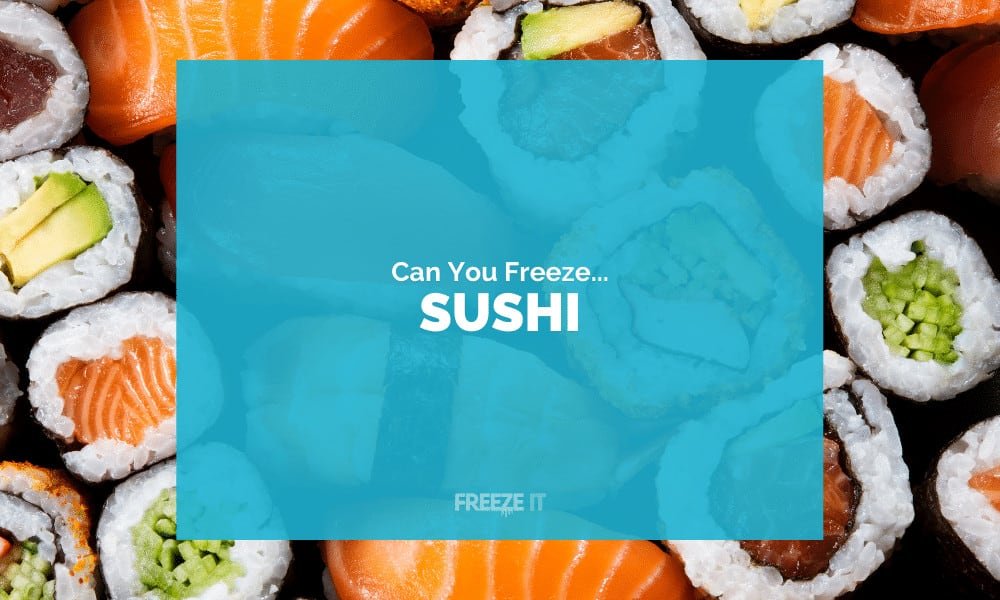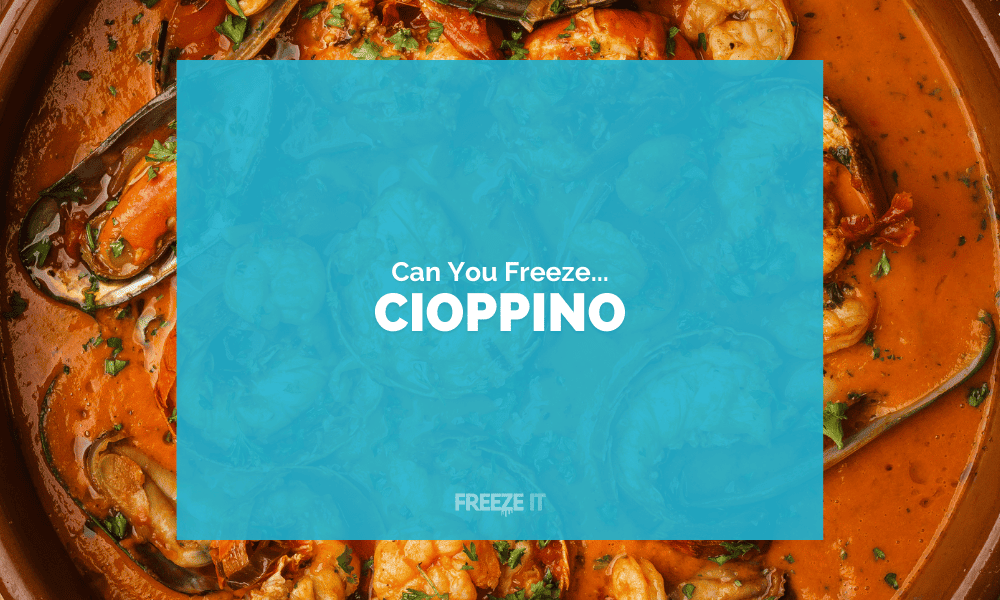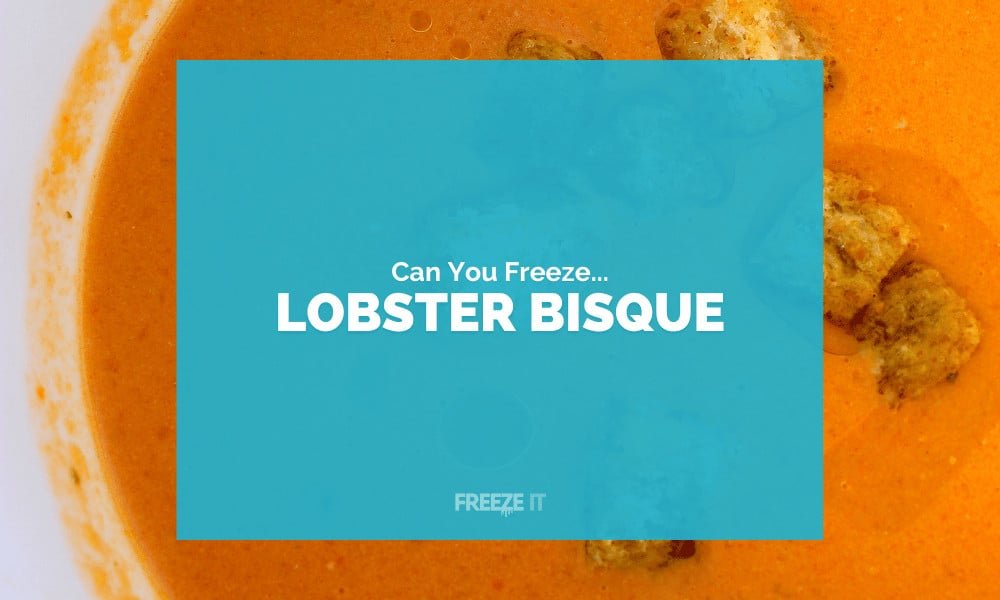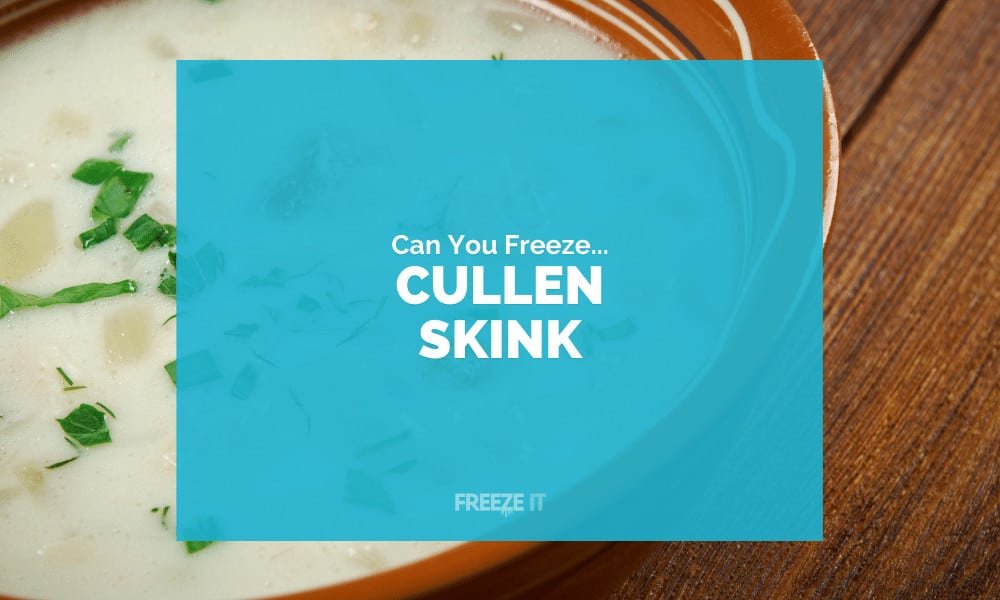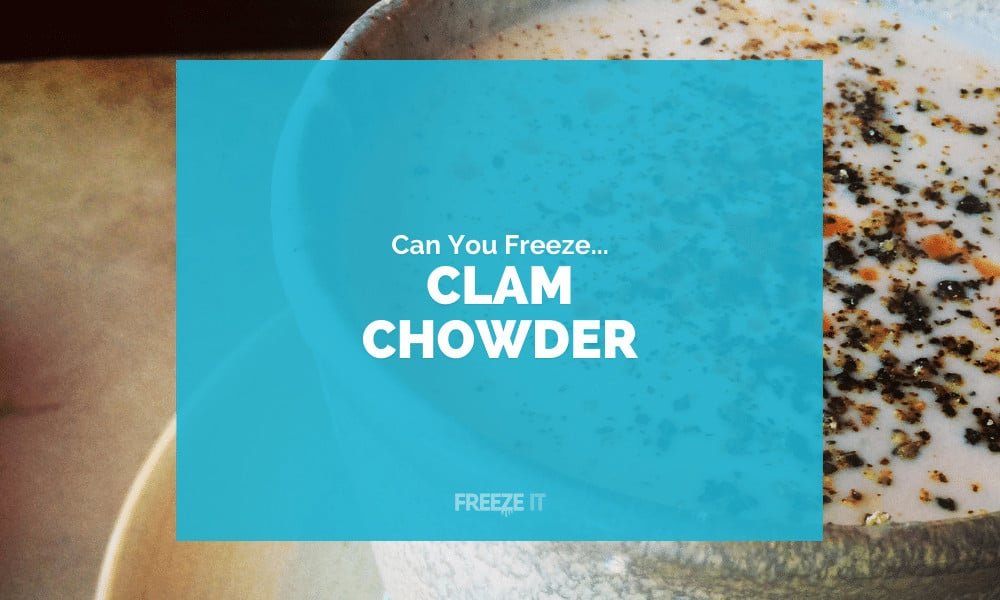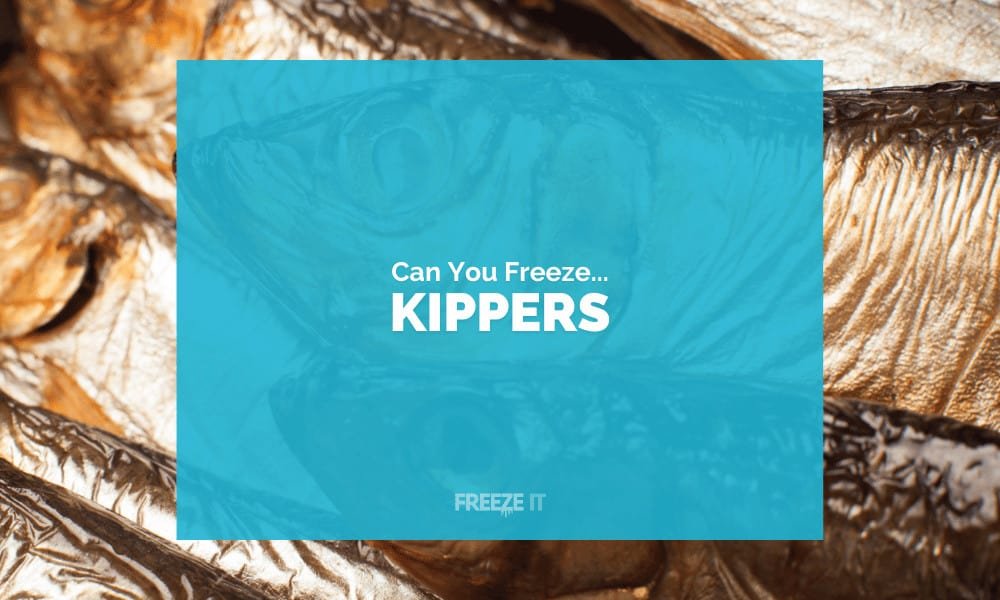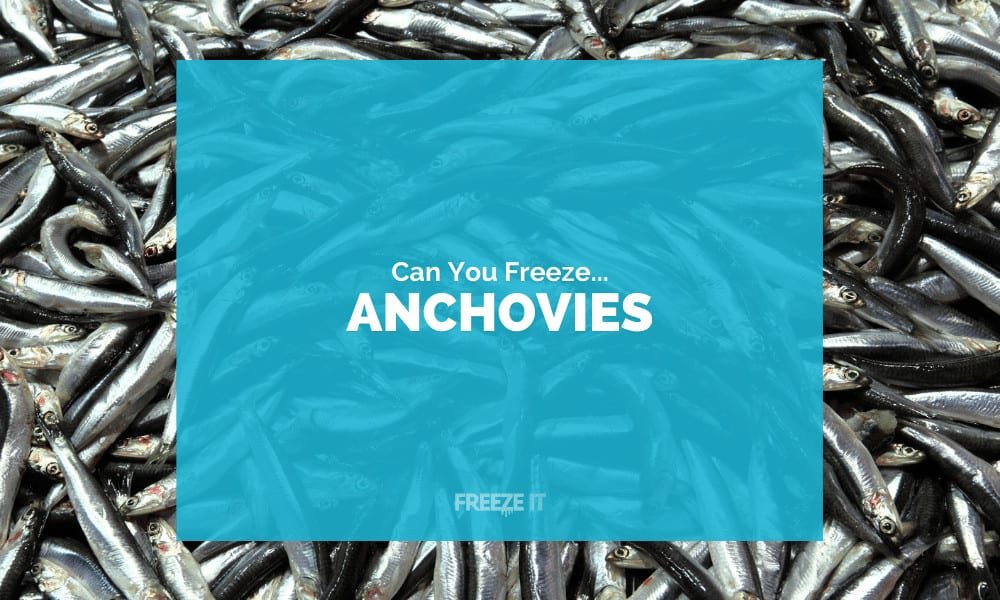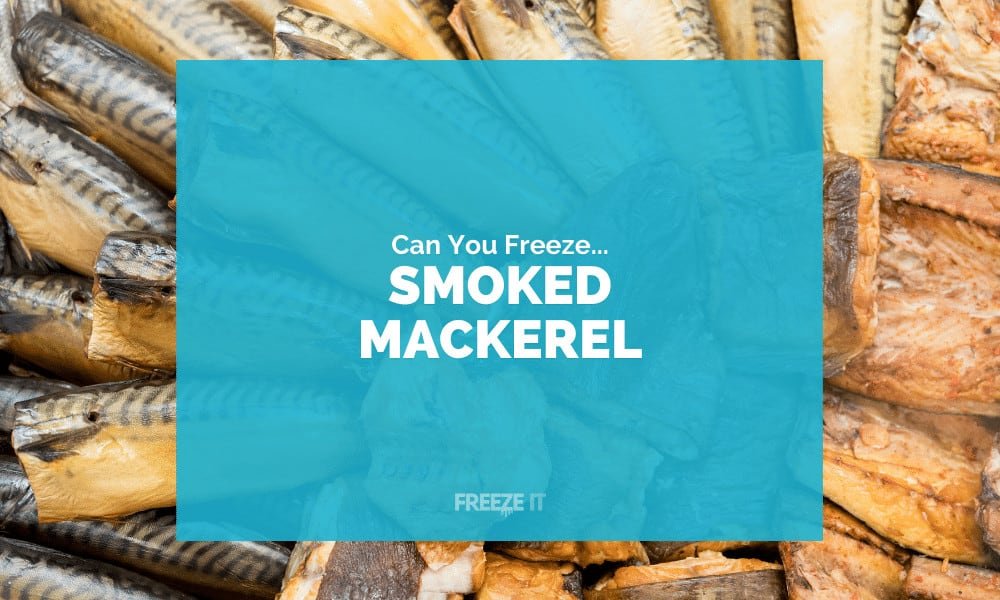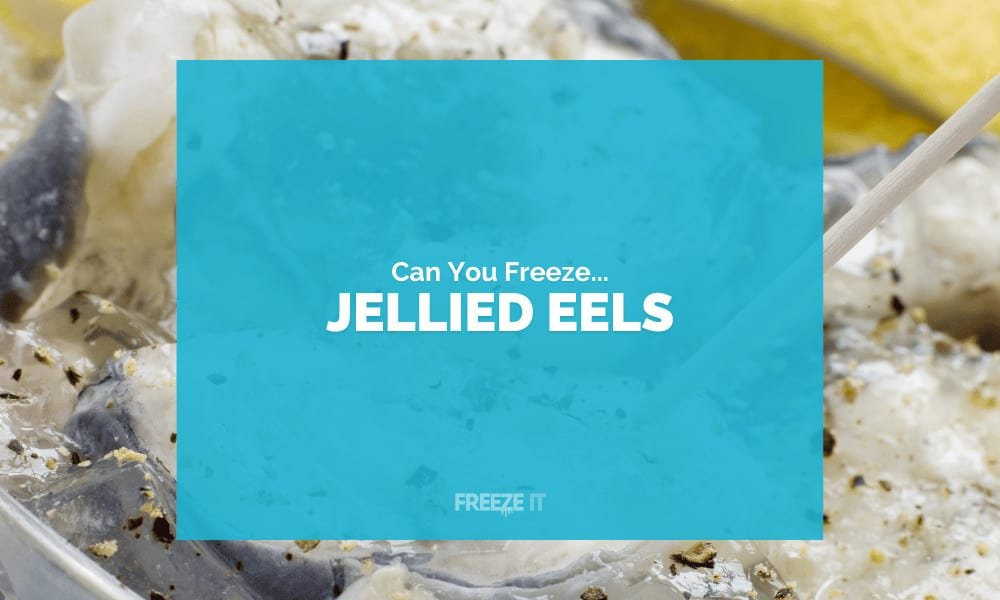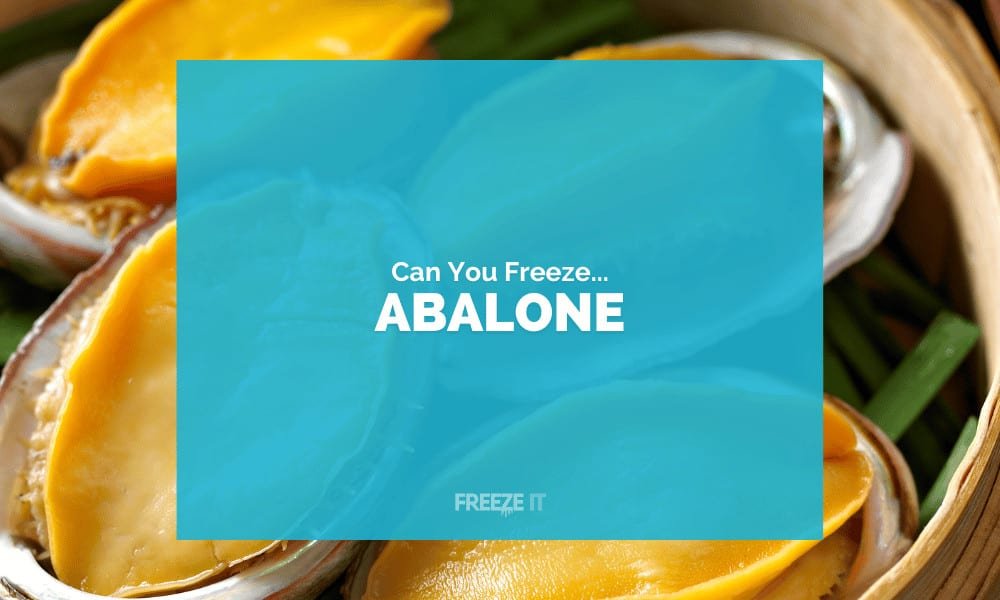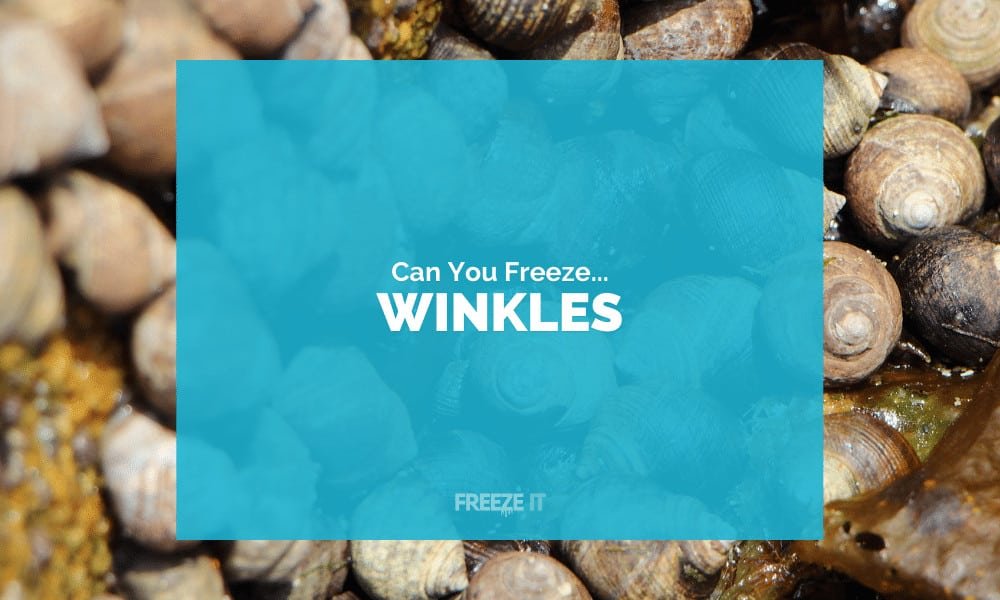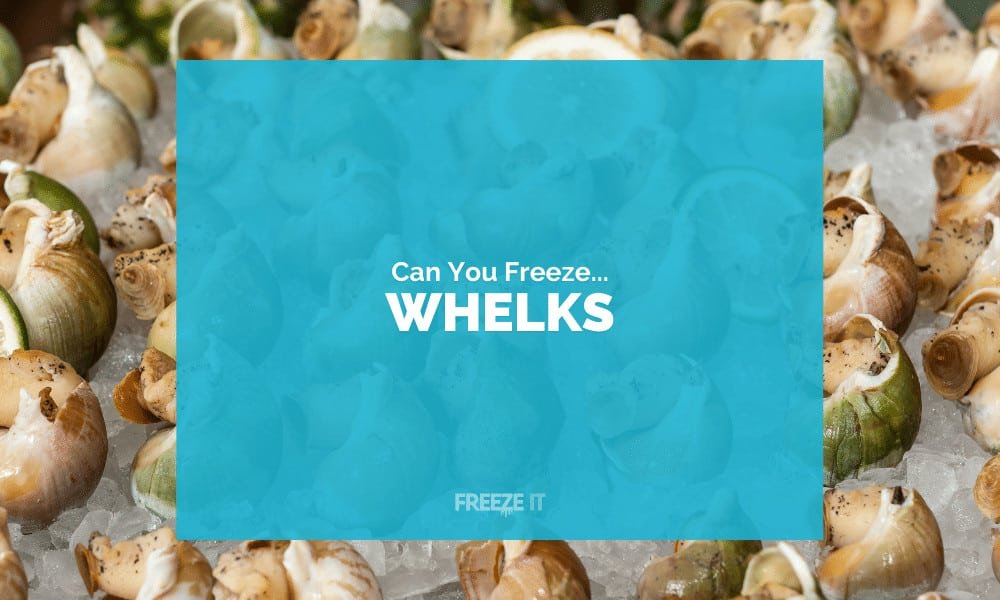Dive into the ‘Fish’ section of our blog, where we navigate the icy waters of freezing your aquatic favorites. Whether you’re a gourmet home chef or simply love to stock up on seafood, we’ve got the answers on how to best preserve the ocean’s bounty.
Ever wondered if your Homemade Fishcakes could last beyond today? Concerned about keeping the delicate flavor of Plaice fresh for future feasts? From the savory spread of Taramasalata to the hearty broth of Cioppino, we’ll guide you through the chilling process. Get the know-how on maintaining the zest in your Tuna Mayo, the crunch in your Prawn Crackers, and even the unique texture of Jellied Eels.
Fish Roe & Caviar
Fish Salads & Sandwich Fillings
Fish Spreads & Dips
Fish Varieties
Pre-cooked Fish & Seafood
Prepared Fish Dishes
Shellfish
Raw Seafoods
Seafood Soups & Stews
Smoked & Cured Fish
Specialty Seafoods
All Fish Freezing Guides
Frequently Asked Questions
Frozen grapes can be a refreshing snack, but upon defrosting, they turn into soggy lumps. It's best to freeze grapes only if you plan to use them in cooking, as they won't retain their fresh texture when eaten raw after thawing.
To ensure freshness, you should freeze fish immediately if not cooking within two to three days. Effective methods include Ice Glazing, Vacuum Sealing, and Freezing in a Ziploc bag with water.
Yes, when correctly packaged and frozen, fish can maintain its fresh flavor and nutritional value for an extended period. The duration of freshness depends on the freezer type, seafood species, and packaging quality.
There is no significant difference in taste and nutrition. Blind taste tests often show a preference for fish that is frozen immediately after harvest, and many chefs concur that well-frozen fish rivals fresh fish in quality.
It's best not to freeze fish with softer, fatty, or oily flesh, such as bluefish or spanish mackerel, as they do not freeze well and are better enjoyed fresh.
While you can freeze fish in a block of water, this method is not preferred. Ice Glazing or Vacuum Sealing are better options for maintaining quality. If using water, ensure the fish is covered before freezing and wrap the container in freezer paper post-freezing to prevent ice evaporation.
